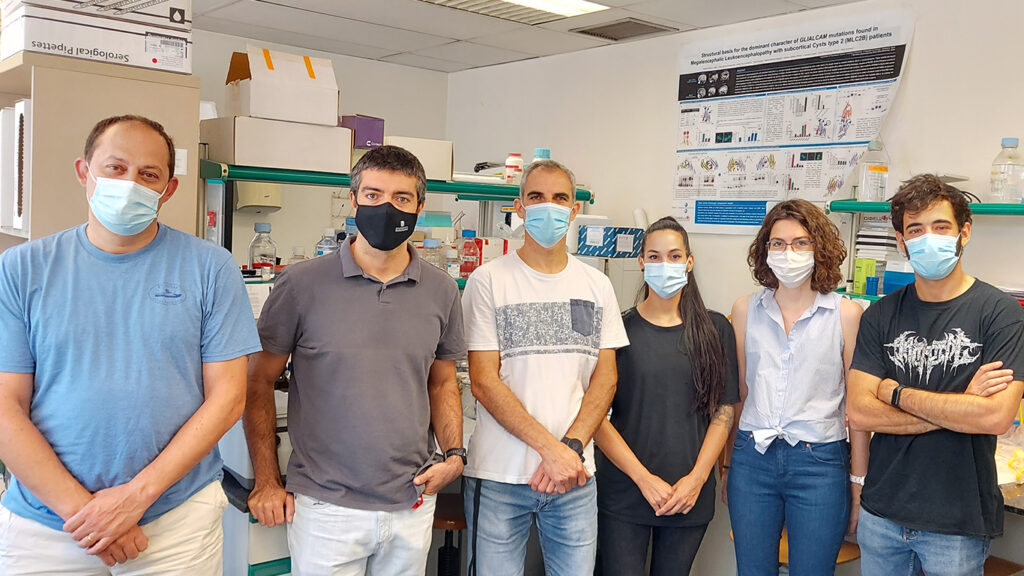Raúl Estévez, head of the research group in physiology and pathology of the glial-neuron functional relationship at IDIBELL, the University of Barcelona, the Institute of Neurosciences of the UB, and also a member of CIBERER network, has participated in two investigations that identify the genes responsible for two types of diseases that affect brain development.
Dr. Estévez also has participated in research coordinated by Pankaj B. Agrawal, from Boston Children’s Hospital, published in the American Journal of Human Genetics. In this study, they have identified mutations in the CLCN3 gene, which codes for a chloride transporter in endosomes, in eleven patients with different degrees of impairment in brain development. The results show that some of the mutations that affect a single chromosome copy cause a functional gain. However, one patient showed two mutations that lead to a loss of function. Therefore, both the gain and loss of function of the ClC-3 transporter have consequences on the development of the brain.
On the other hand, Raúl Estevez and Alfons Macaya, from Vall d’Hebron, have led a study published in the journal Human Mutation that has identified mutations in patients with brain development problems in the CHRM1 gene, which codes for the muscarinic receptor M1, a receptor on the surface of neurons. Researchers have observed that mutations in this receptor make the protein unstable, leading to reduced signaling.
The Bellvitge Biomedical Research Institute (IDIBELL) is a biomedical research center created in 2004. It is participated by the Bellvitge University Hospital and the Viladecans Hospital of the Catalan Institute of Health, the Catalan Institute of Oncology, the University of Barcelona and the City Council of L’Hospitalet de Llobregat.
IDIBELL is a member of the Campus of International Excellence of the University of Barcelona HUBc and is part of the CERCA institution of the Generalitat de Catalunya. In 2009 it became one of the first five Spanish research centers accredited as a health research institute by the Carlos III Health Institute. In addition, it is part of the “HR Excellence in Research” program of the European Union and is a member of EATRIS and REGIC. Since 2018, IDIBELL has been an Accredited Center of the AECC Scientific Foundation (FCAECC).

